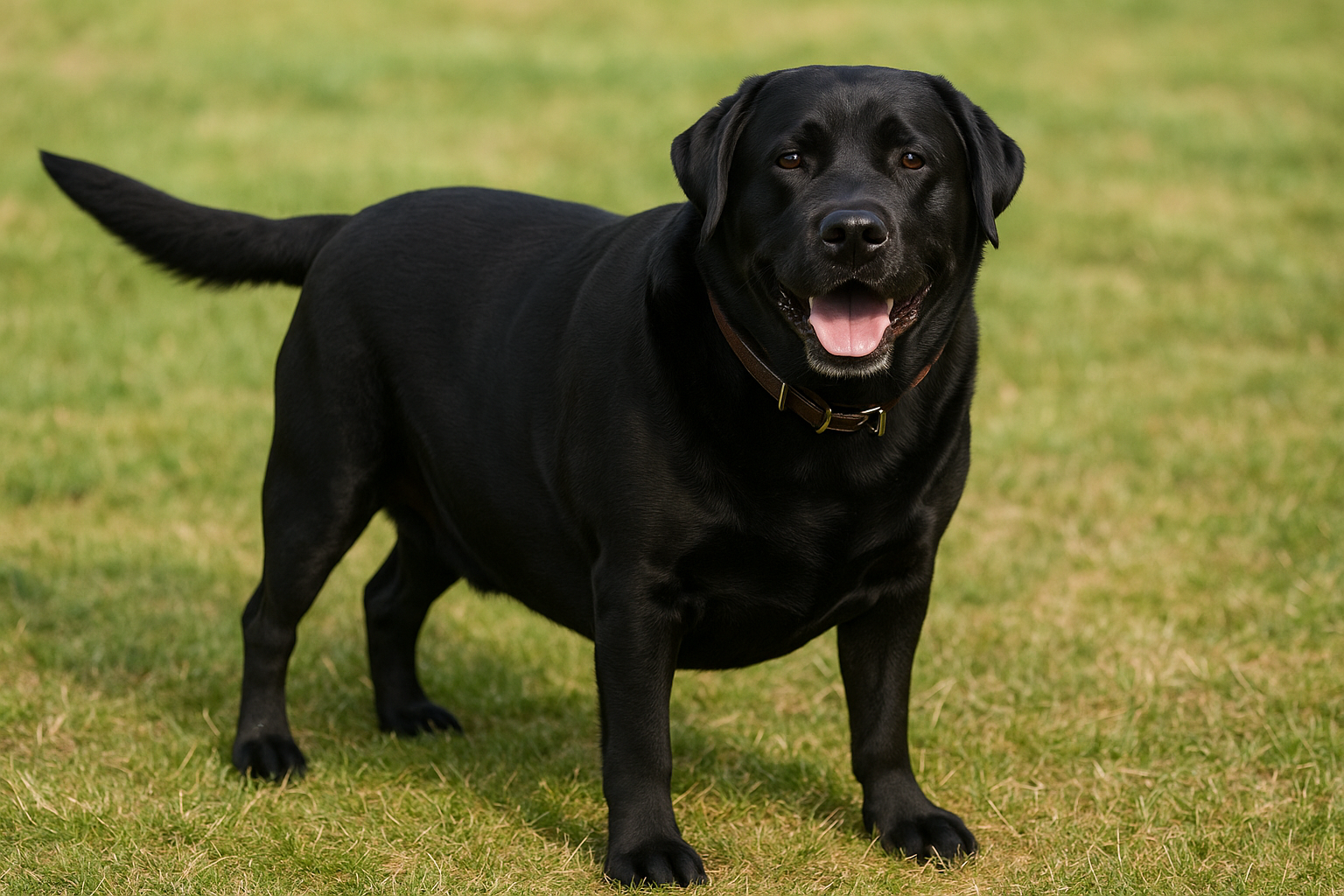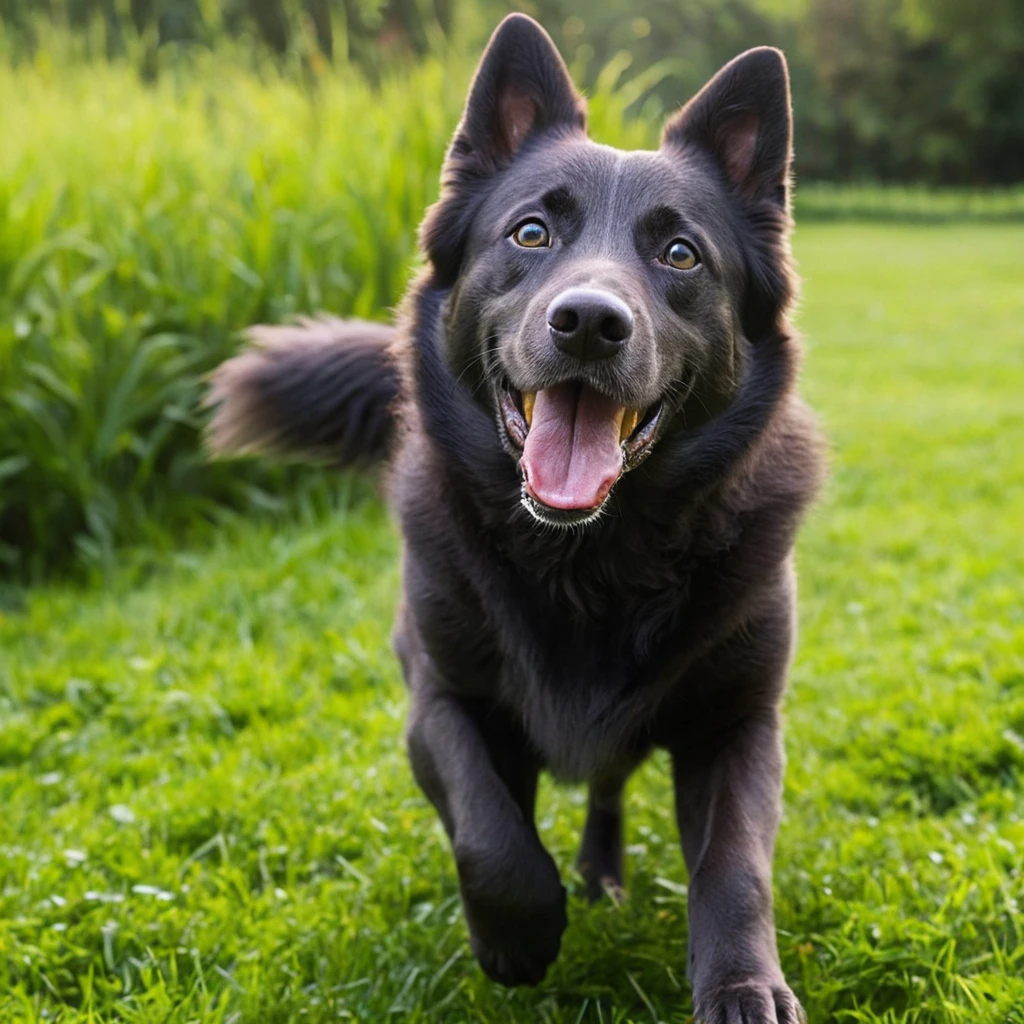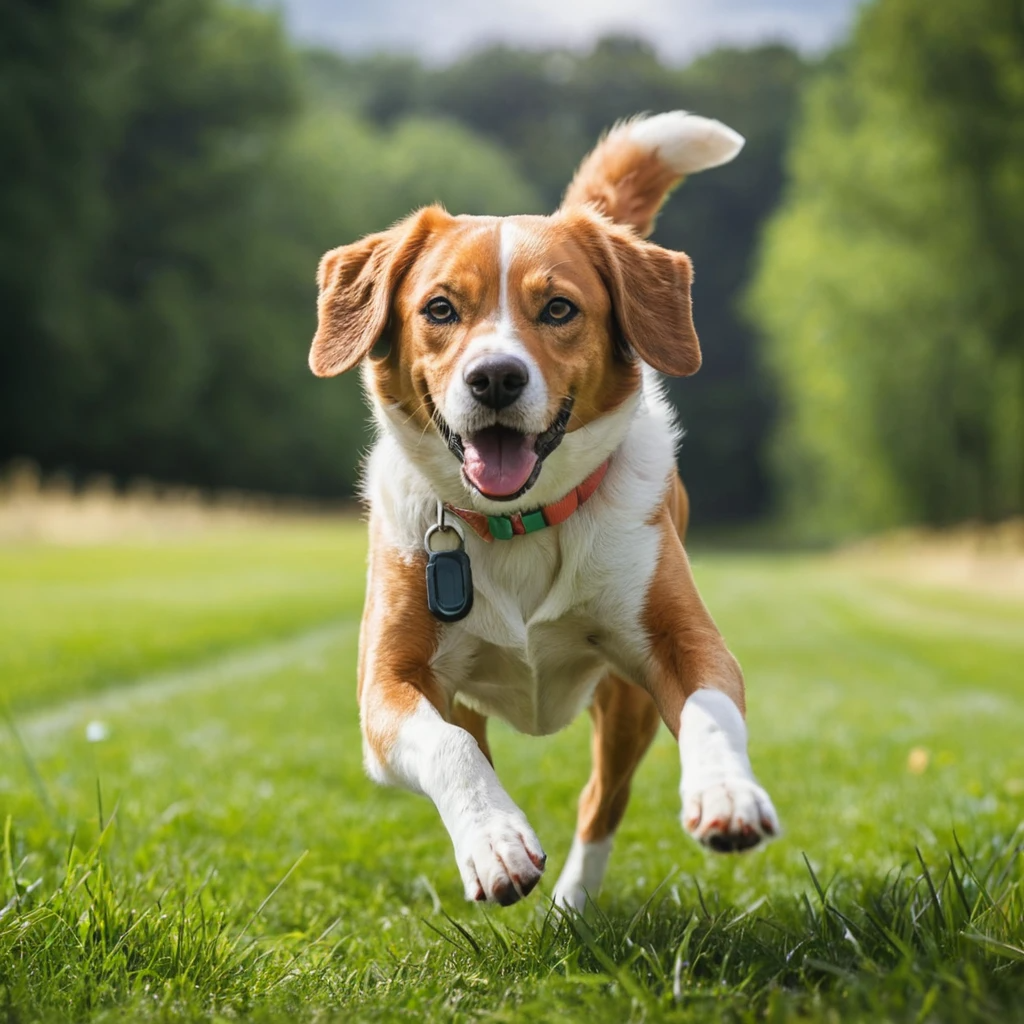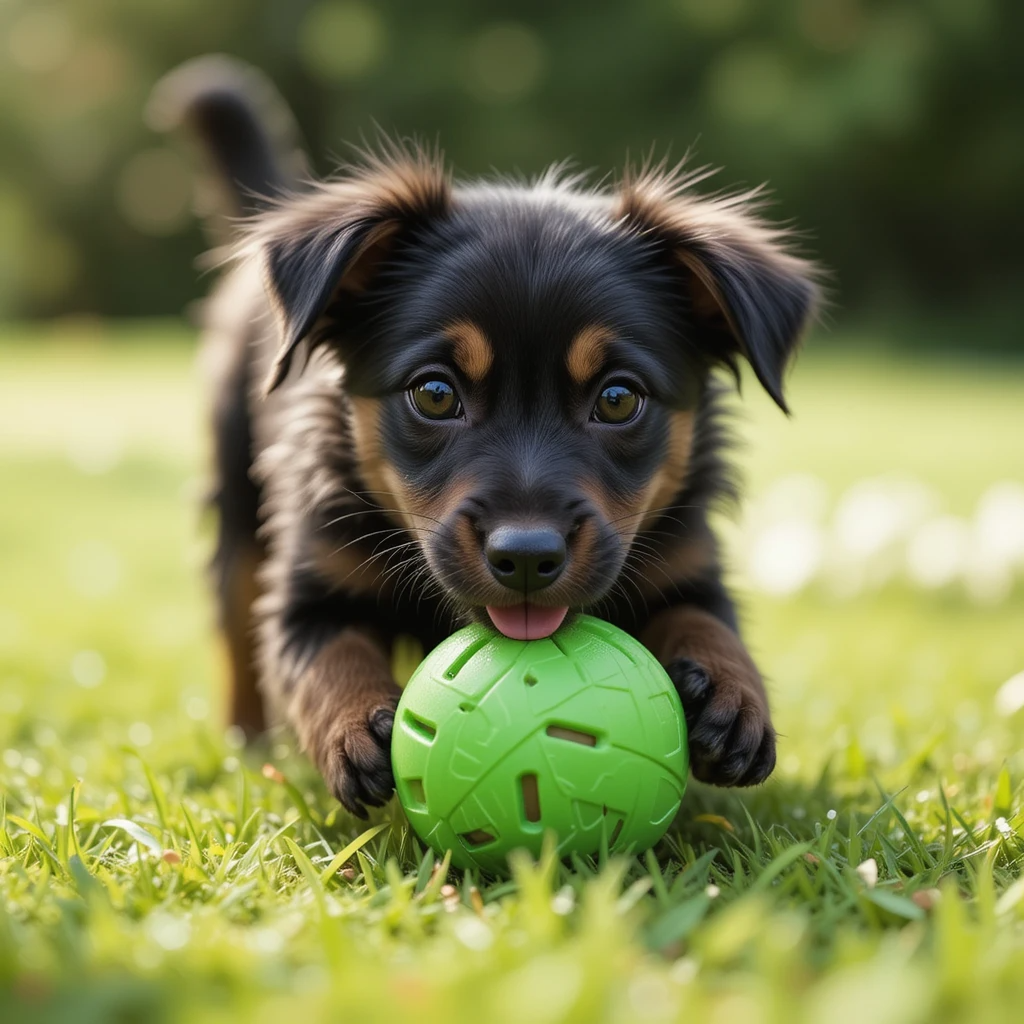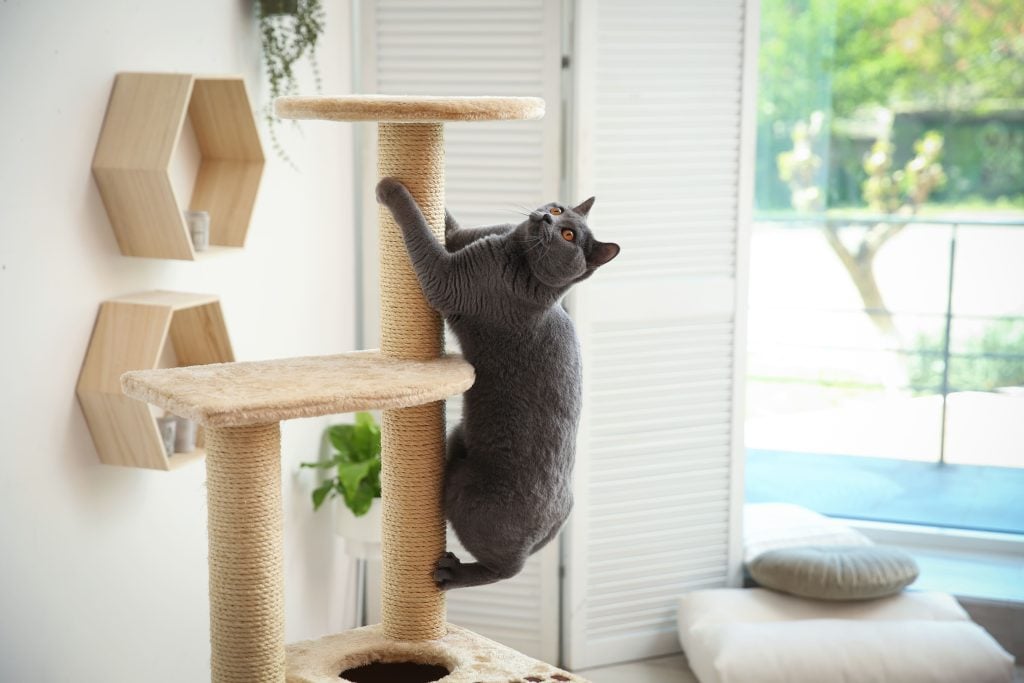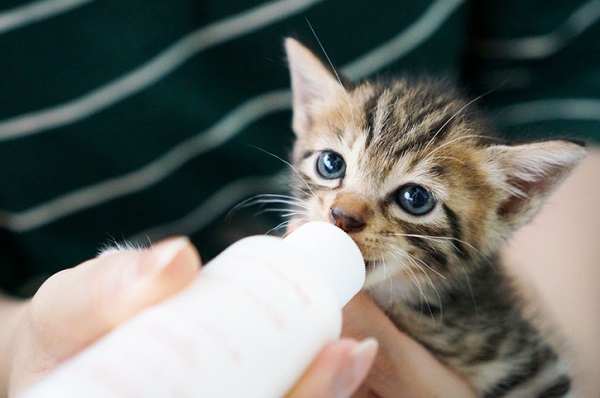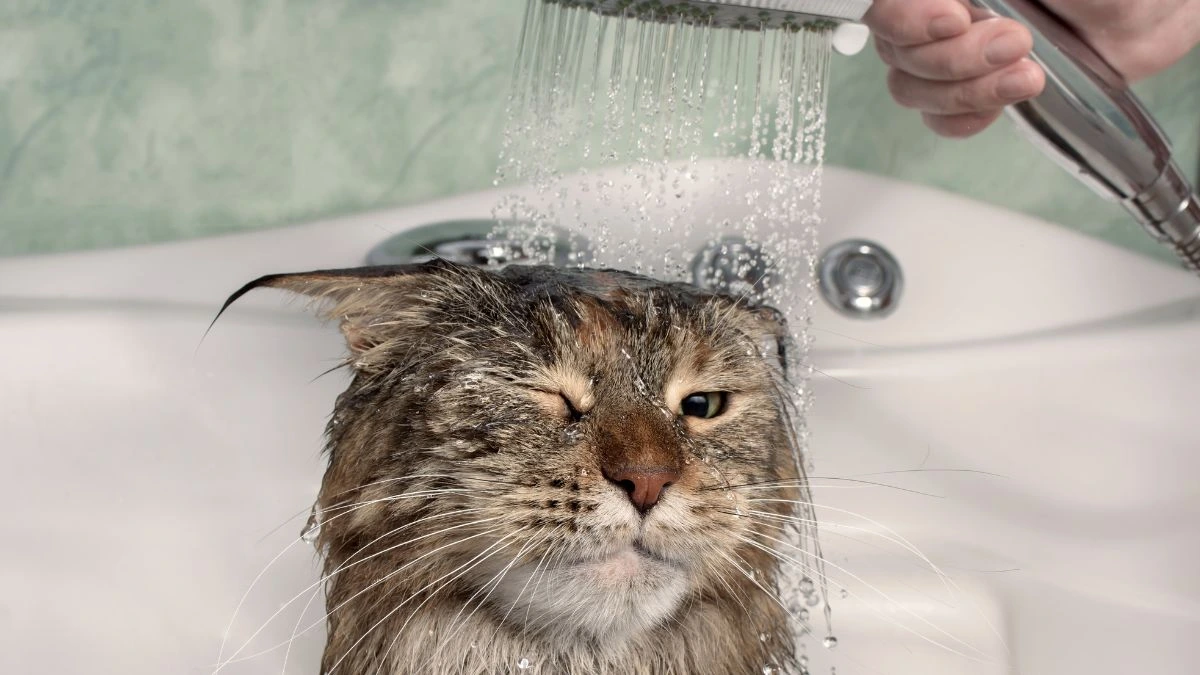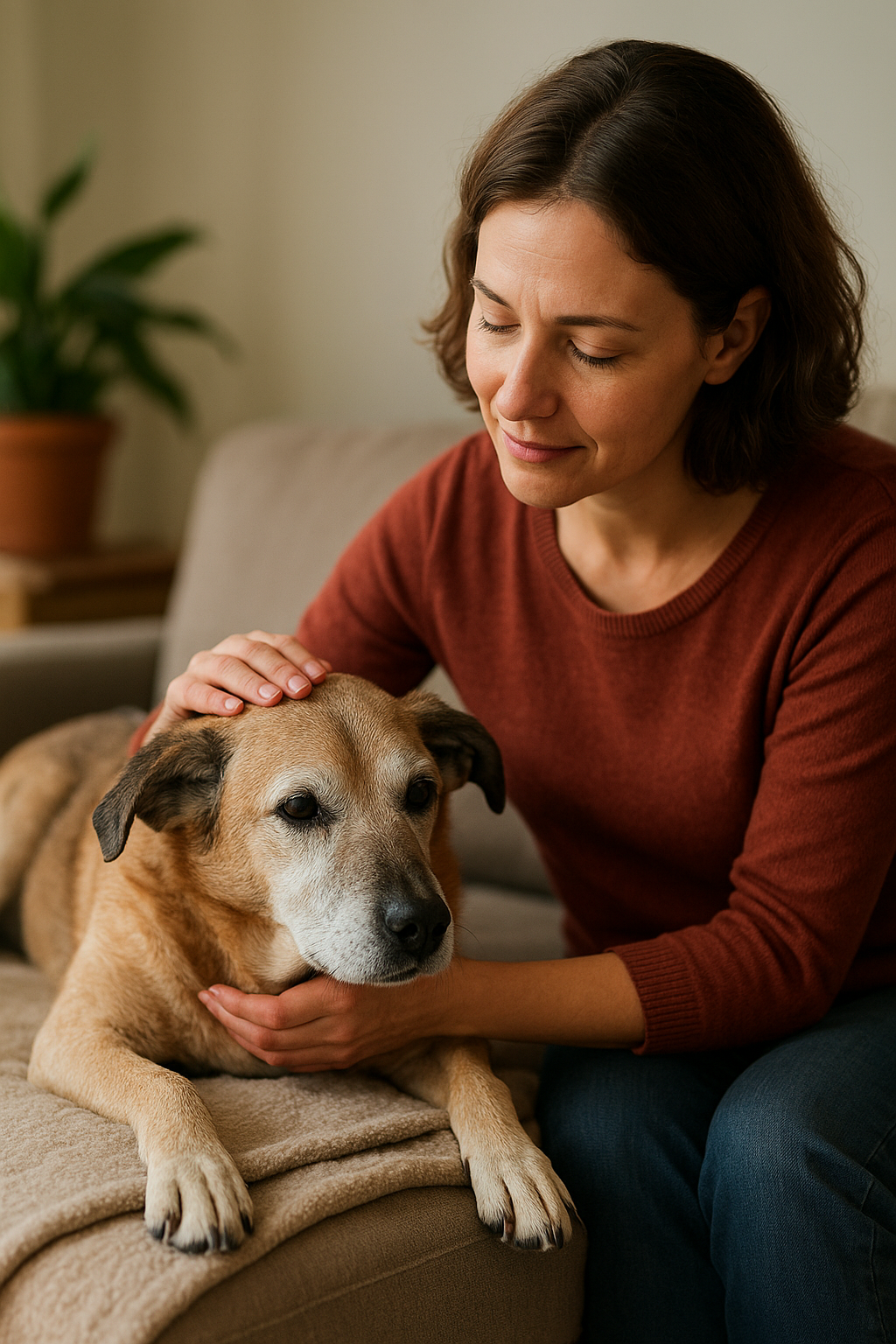The Labrador Retriever is one of the most beloved dog breeds in the world — known for its intelligence, loyalty, and boundless affection. But there’s one downside to this wonderful breed: Labradors are extremely prone to obesity. In fact, studies show they gain weight faster and more easily than most other breeds.
If you’re the proud parent of a Lab, keeping them at a healthy weight isn’t just a matter of vanity — it’s essential to their long-term health and happiness. In this article, we’ll dive into smart, sustainable tips to help your Labrador maintain their ideal weight for life. 🐾❤️
🧬 Why Are Labradors Prone to Weight Gain?
Labradors have a unique combination of biological and behavioral traits that make them more susceptible to gaining weight.
Key factors:
- Genetic mutation (POMC gene): Affects the part of the brain that controls appetite, making them always feel hungry 😋
- Large frame: Requires more calories but also stores fat efficiently
- Food-driven behavior: Labs will eat literally anything — and act like they’re starving
- Sociable nature: People tend to reward them with treats 🦴
If left unchecked, weight gain can creep up and lead to health issues such as joint pain, diabetes, arthritis, and heart disease.
🍽️ How Much Should a Labrador Eat?
Adult Labradors typically weigh between 55–80 pounds depending on gender and build. Their daily calorie needs range from 1,200 to 1,800 kcal, depending on age and activity.
🥄 Feeding tips:
- Feed twice a day (morning and evening)
- Use a standard measuring cup — not estimates!
- Choose a high-protein, low-fat formula with joint support
- Avoid free-feeding (leaving food out all day)
🧾 Portion guidelines (general):
- Inactive Lab: 2–2.5 cups per day
- Active Lab: 2.5–3.5 cups per day
- Senior Lab: Slightly less depending on vet’s advice
Always consult your vet for personalized feeding recommendations. 🩺
🚫 Foods and Habits That Contribute to Weight Gain
Labs are opportunistic eaters. Their pleading eyes make them masters of manipulation — and it’s easy to slip them treats “just this once.”
Avoid these common pitfalls:
- Sharing food from your plate (especially carbs and fats)
- Giving treats too frequently or without purpose
- Using large treats during training
- Feeding without measuring
Human foods to avoid:
- Cheese
- Bread and pasta 🍞
- Processed meats (bacon, sausage)
- Fried food
- Sugary fruits or desserts 🍩
✅ Healthy Treat Options for Labradors
Because Labs are so food-motivated, treats are great training tools — but they must be low-calorie and nutrient-rich.
Smart options:
- Baby carrots 🥕
- Apple slices (no seeds) 🍏
- Frozen green beans
- Cucumber slices
- Kibble taken from daily portion
Use these treats only during training, and never exceed 10% of daily calorie intake with treats.
🏃 Exercise Tips for a Fit Labrador
Labradors were bred to be working dogs, so physical activity is vital to their physical and mental health.
Daily activity goals:
- 60–90 minutes of moderate activity per day
- Combine walks, playtime, and swimming
- Fetch and tug-of-war are excellent calorie burners 🎾
- Hiking, agility, and obstacle training for energetic dogs
Fun activity ideas:
- Swimming: Gentle on joints and high calorie burn
- Hide-and-seek: Stimulates brain and encourages movement
- Treadmill walks (for rainy days)
Consistency is more important than intensity. Keep it regular and fun! 🐕
📉 Monitor Your Lab’s Weight at Home
Keeping track of your Lab’s weight is key to early intervention.
What to watch:
- Weigh your dog monthly (home scale or vet clinic)
- Look for visible waist from above
- You should feel ribs easily, but not see them
- Watch for belly sagging or slower movement
If weight gain is noticed, reduce portions slightly and increase daily activity — even 10–15 minutes more per day makes a difference.
🧠 Engage Their Minds to Reduce Food Obsession
Labs love food, but they also love learning and playing! Mental stimulation can reduce food fixation and boredom eating.
Mental enrichment ideas:
- Puzzle feeders 🧩
- New command training
- Scent games (hide treats under cups)
- Rotating their toys weekly
- Social walks with other dogs
A mentally stimulated Lab is happier, less anxious, and less obsessed with snacks.
👨👩👧👦 Get the Whole Household on Board
Everyone in the home must commit to your Lab’s healthy lifestyle. Otherwise, they’ll find the one person who always slips them food 🙄
House rules to set:
- One person in charge of meals
- Treats must be earned (training or exercise)
- No feeding from the table
- Use a chart or app to log treats and meals
Labradors are smart — and if they learn that begging works with Grandma, they’ll never stop.
🐾 Final Thoughts: Give Your Labrador the Gift of Health
Your Labrador deserves a full, active, pain-free life. Excess weight might make them look “cute,” but it silently harms their joints, heart, and energy levels.
By feeding smart, staying active, and watching their weight, you’re giving them the best possible chance at a long, joyful life full of tail wags, swimming, and play.
Remember: Your Lab isn’t hungry — they’re hopeful. Stay strong. 💪🐕

